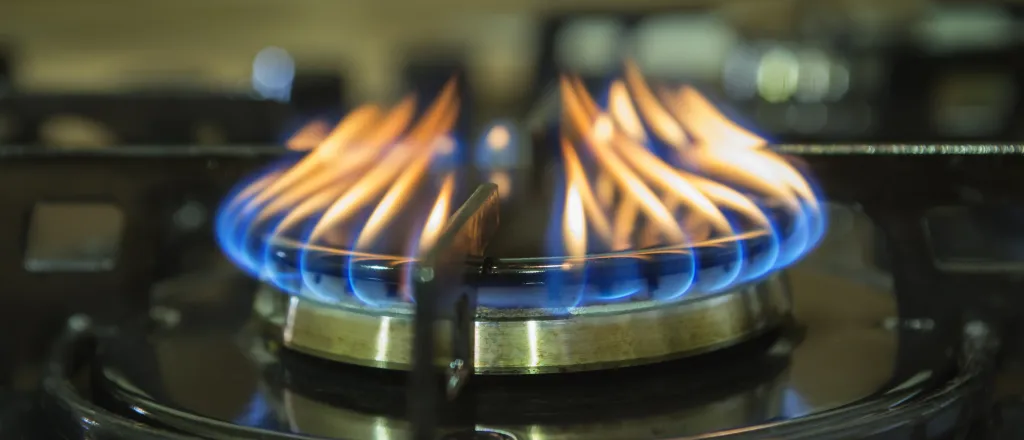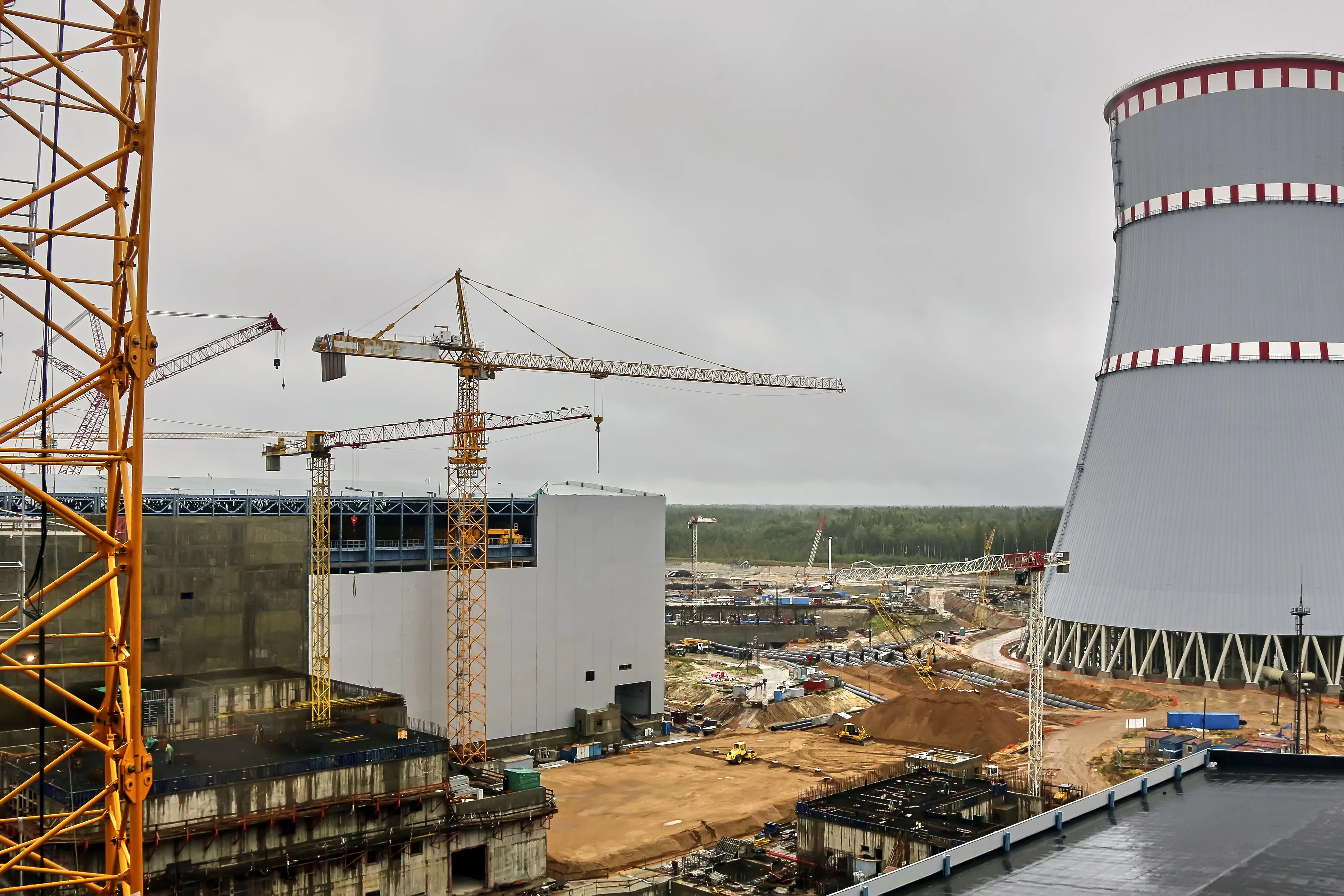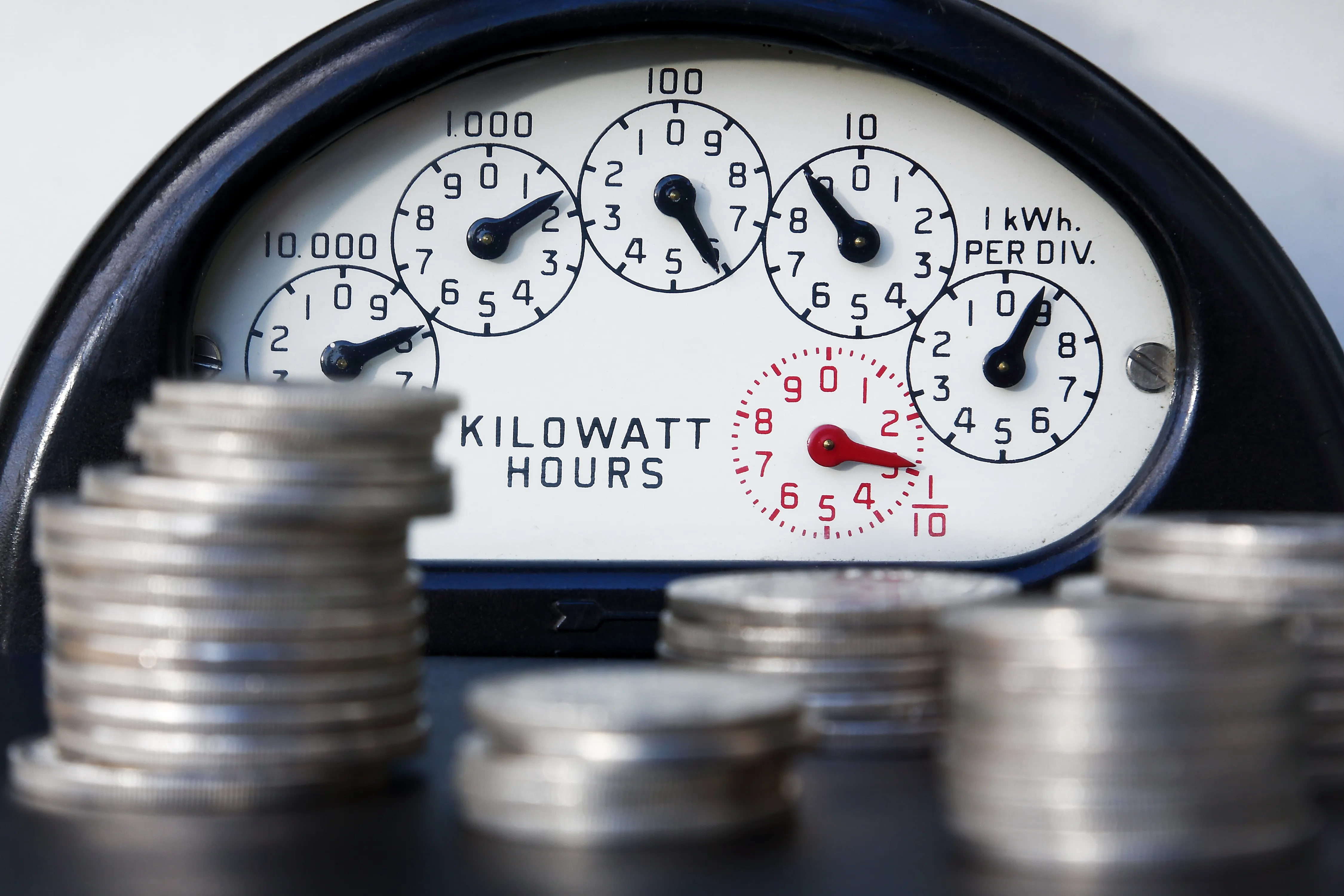
Analysis: Utah losing big in natural gas waste and pollution
© iStock - FotoCuisinette
(Utah News Connection) A new analysis found Utah oil and gas companies waste an estimated $48 million worth of natural gas per year, enough to meet the annual needs of more than a fifth of residential customers in Utah, according to the Environmental Defense Fund.
The large majority of the gas, 87 percent, is lost due to leakage from producers.
Ashley Miller, executive director of the nonprofit Breathe Utah, said leakage needs to be addressed to ensure better air quality and protect the overall health of Utahns and the environment.
"Getting a handle on leaks from oil and gas; I really do feel like that is pretty close to low-hanging fruit that is left to do," Miller contended. "There is technology available that, you know, this isn't new stuff. For the most part we aren't talking about huge capital infrastructure projects."
Miller recognized it likely will not be an easy fix, especially for smaller operations but stressed it is necessary. She urged stakeholders to look at the financial, health and environmental consequences of not addressing the issue. The analysis found in 2019, the state of Utah lost about $6.7 million dollars in tax and royalty revenue, including more than $1.2 million in lost revenue for the tribal governments in the state.
The Environmental Protection Agency is set to finalize a proposed rule this fall to address methane pollution.
Miller pointed out while national guidance and regulation can help all states around the country, she encouraged Utah policymakers to find ways to build on the rule with Utah specifics in mind.
"If you take something where this will actually move the needle in terms of air pollution, public health, economy, climate; all of these things, you couldn't pick a better recipe for progress," Miller asserted.
The analysis called for "strong, common-sense rules" to cut methane waste and pollution which will not only help slow the rate of climate change, but will also protect public health, create jobs, generate additional tax revenue and prevent the needless waste of energy sources.















